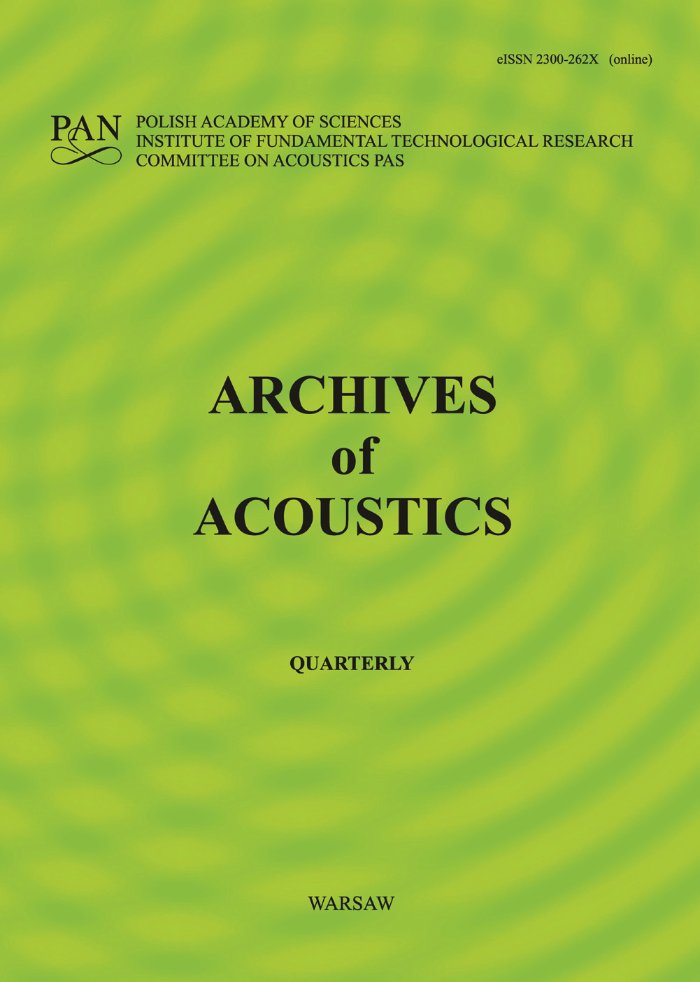A preliminary study on greek esophageal speech and a method for quality and intelligibility enhancement
Abstract
The present work is a preliminary study on Greek esophageal speech and is mainly concerned with the investigation of major features such as pitch, formant frequencies, and speech power envelopes. The implementation in esophageal speech of various well-known techniques for normal voice analysis is overviewed. An improved method for resynthesizing voiced sounds (such as vowels or nasal consonants) by convolution of an ARMA estimate of the speaker's vocal tract impulse response and a periodic glottal waveform is proposed as a tool for voice quality enhancement. Fundamental frequency values were confirmed to be close to previous works' findings. Fl and F2 formant alterations due to laryngectomy were not detected compared to normal speech values. However, speech power envelopes tended to be flatter as the speaker's training stage was higher. The proposed method for speech enhancement proved able enough to preserve speaker characteristics and provide cues for higher quality reproduction of vowels as well as nasals.References
Please refer to the file.


